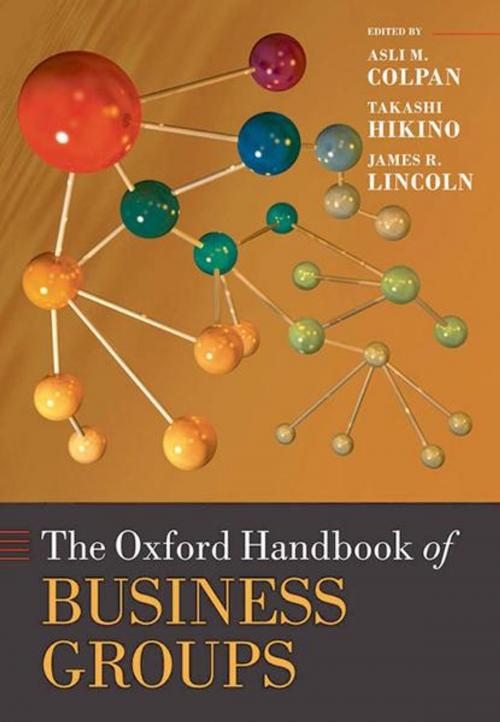The Oxford Handbook of Business Groups
Business & Finance, Economics, International, Nonfiction, Social & Cultural Studies, Political Science, Politics, Economic Policy| Author: | ISBN: | 9780191613982 | |
| Publisher: | OUP Oxford | Publication: | August 5, 2010 |
| Imprint: | OUP Oxford | Language: | English |
| Author: | |
| ISBN: | 9780191613982 |
| Publisher: | OUP Oxford |
| Publication: | August 5, 2010 |
| Imprint: | OUP Oxford |
| Language: | English |
Business groups - large, diversified, often family-controlled organizations with pyramidal ownership structure, such as the Japanese zaibatsu, the Korean chaebol and the grupos economicos in Latin America - have played a significant role in national economic growth, especially in emerging economies. Earlier variants can also be found in the trading companies, often set up in Britain, which operated in Asia, Africa, and Latin America. Business groups are often criticized as premodern forms of economic organization, and occasionally as symptomatic of corrupt 'crony capitalism', but many have shown remarkable resilience, navigating and adjusting to economic and political turbulence, international competition, and technological change. This Handbook provides a comprehensive analysis of business groups around the world. It examines the adaptive and competitive capabilities of business groups, and their evolutionary dynamics. 16 individual country chapters deal with business groups from Asia to Africa, the Middle East to Latin America, while overarching chapters consider the historical and theoretical context of business groups. With contributions from leading experts, The Oxford Handbook of business groups provides a comprehensive, empirically and theoretically rich guide for scholars and policy-makers.
Business groups - large, diversified, often family-controlled organizations with pyramidal ownership structure, such as the Japanese zaibatsu, the Korean chaebol and the grupos economicos in Latin America - have played a significant role in national economic growth, especially in emerging economies. Earlier variants can also be found in the trading companies, often set up in Britain, which operated in Asia, Africa, and Latin America. Business groups are often criticized as premodern forms of economic organization, and occasionally as symptomatic of corrupt 'crony capitalism', but many have shown remarkable resilience, navigating and adjusting to economic and political turbulence, international competition, and technological change. This Handbook provides a comprehensive analysis of business groups around the world. It examines the adaptive and competitive capabilities of business groups, and their evolutionary dynamics. 16 individual country chapters deal with business groups from Asia to Africa, the Middle East to Latin America, while overarching chapters consider the historical and theoretical context of business groups. With contributions from leading experts, The Oxford Handbook of business groups provides a comprehensive, empirically and theoretically rich guide for scholars and policy-makers.















